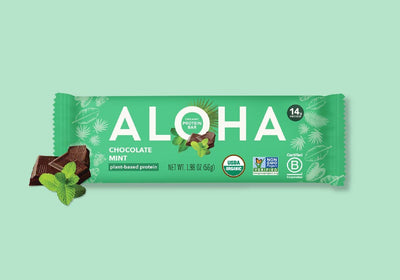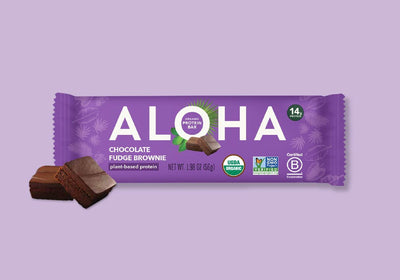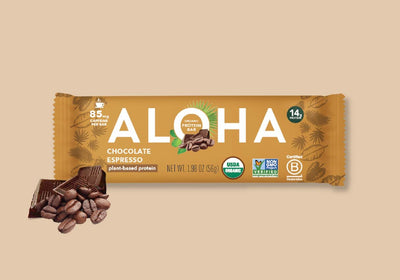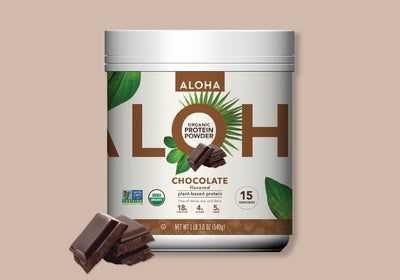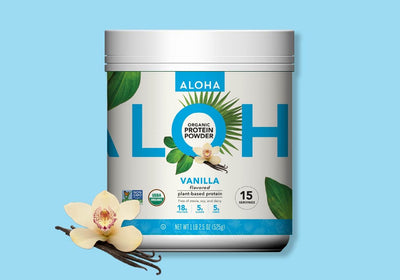Sources:
1. Hudson, J. L., Baum, J. I., Diaz, E. C., & Børsheim, E. (2021). Dietary Protein Requirements in Children: Methods for Consideration. Nutrients, 13(5), 1554. https://doi.org/10.3390/nu13051554
2. Garcia-Iborra, M., Castanys-Munoz, E., Oliveros, E., & Ramirez, M. (2023). Optimal Protein Intake in Healthy Children and Adolescents: Evaluating Current Evidence. Nutrients, 15(7), 1683. https://doi.org/10.3390/nu15071683
3. Arnesen, E. K., Thorisdottir, B., Lamberg-Allardt, C., Bärebring, L., Nwaru, B., Dierkes, J., Ramel, A., & Åkesson, A. (2022). Protein intake in children and growth and risk of overweight or obesity: A systematic review and meta-analysis. Food & Nutrition Research, 66. https://doi.org/10.29219/fnr.v66.8242
ALOHA's products are not intended to treat, diagnose, mitigate, prevent, or cure disease. ALOHA's products should not replace prescribed medications or the variety of foods important to a healthful diet.
Do not self-diagnose any health condition. Work with your healthcare provider to determine how best to achieve optimal health.
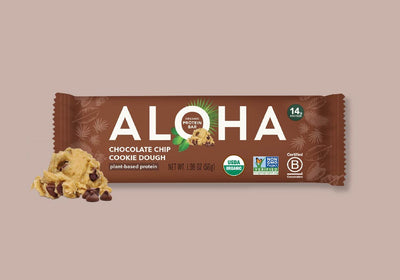
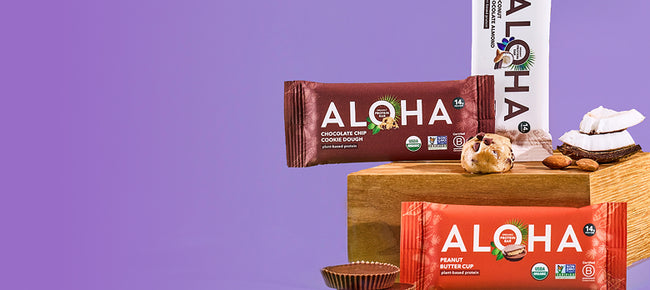 collection header image
collection header image
 collection header image
collection header image

